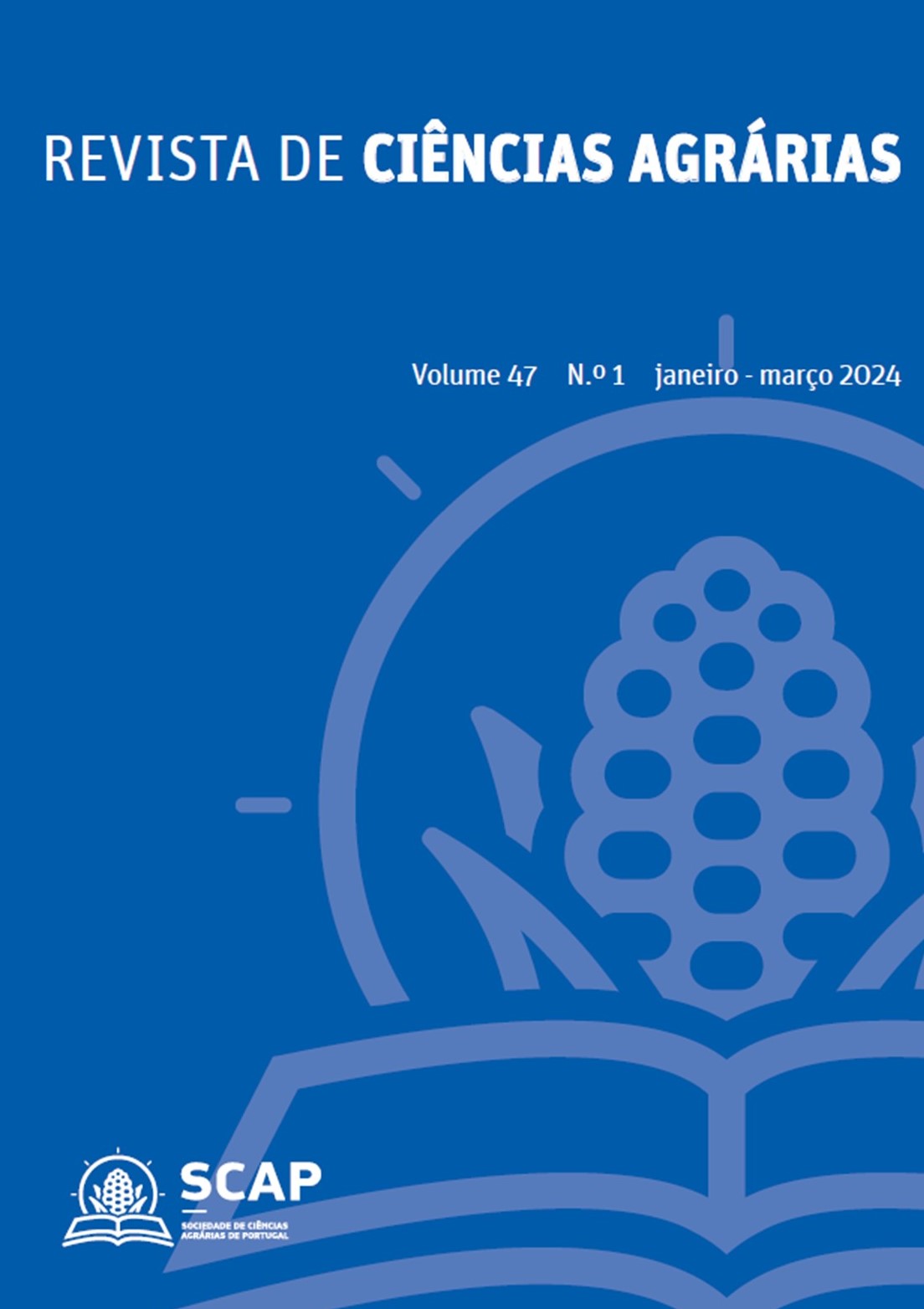Mechanisms of resistance in populations of Echinochloa sp. from Portugal and Spain
DOI:
https://doi.org/10.19084/rca.34990Resumo
Weed resistance to herbicides affects the main rice producing countries in the Iberian Peninsula. Over-reliance on acetolactate synthase (ALS) and acetyl-CoA carboxylase (ACCase) inhibitor herbicides, as well as low diversity of cultural practices have increased selection pressure towards resistant populations. Recently, the emergence of weeds with multiple resistance has also been observed. In the Iberian Peninsula, different populations of Echinochloa spp. have shown resistance to penoxsulam and profoxydim. The main objective of this work is to study the mechanisms involved in the resistance present in these populations through the sequencing of ALS and ACCase genes and gene expression studies by means of qRT-PCR. The study encompasses three populations of Echinochloa sp. from Portugal and seven from Spain, all of which had previously confirmed herbicide resistance through dose-response assays. None of the populations exhibited mutations already described as involved in resistance to ALS and ACCase inhibitors. However, in three resistant Portuguese accessions, mutations in the ACCase gene causing amino acid substitutions in the protein were found, but have not yet been confirmed to confer herbicide resistance. The relative expression of ALS1 and ACCase genes was also assessed. Our study reveals the existence of different levels of overexpression among accessions and differences between roots and leaves within the same accession. These results are indicative of target site type resistance mechanisms, specifically involving gene overexpression between roots and leaves within the same accession. These results are indicative of target site type resistance mechanisms based on gene overexpression.


